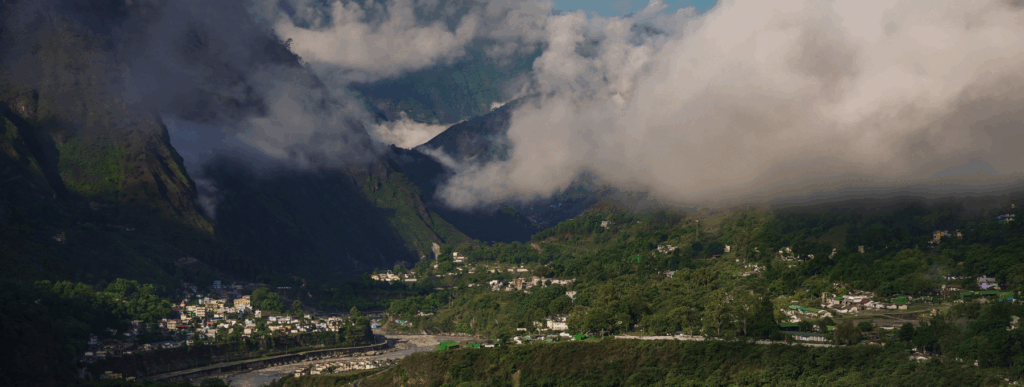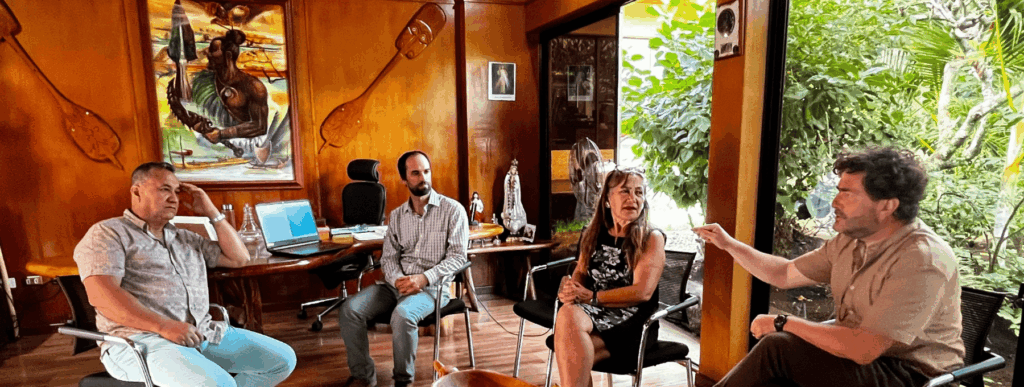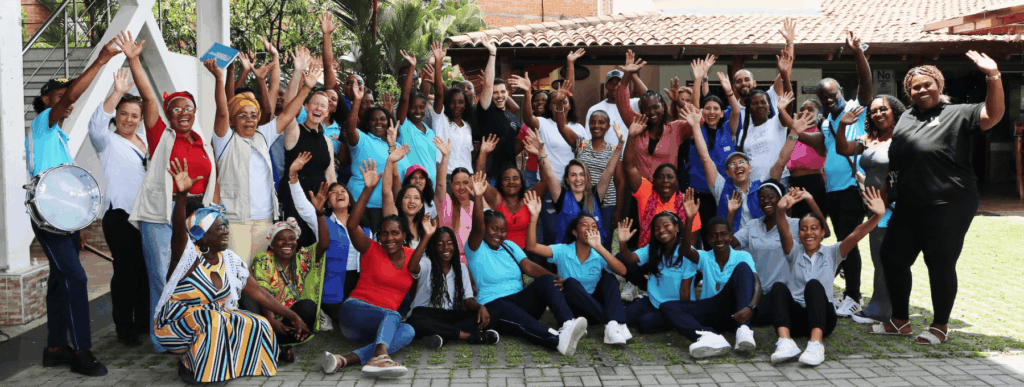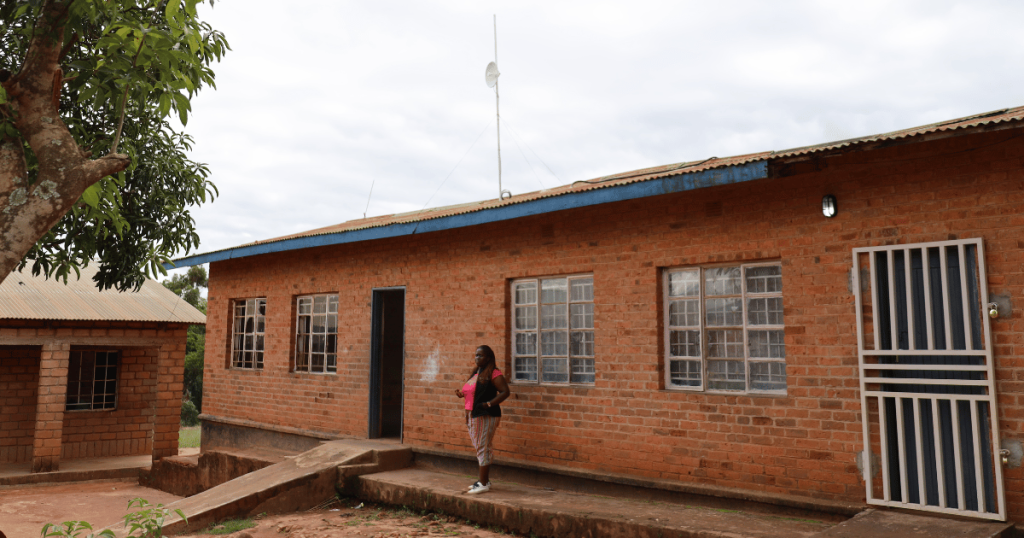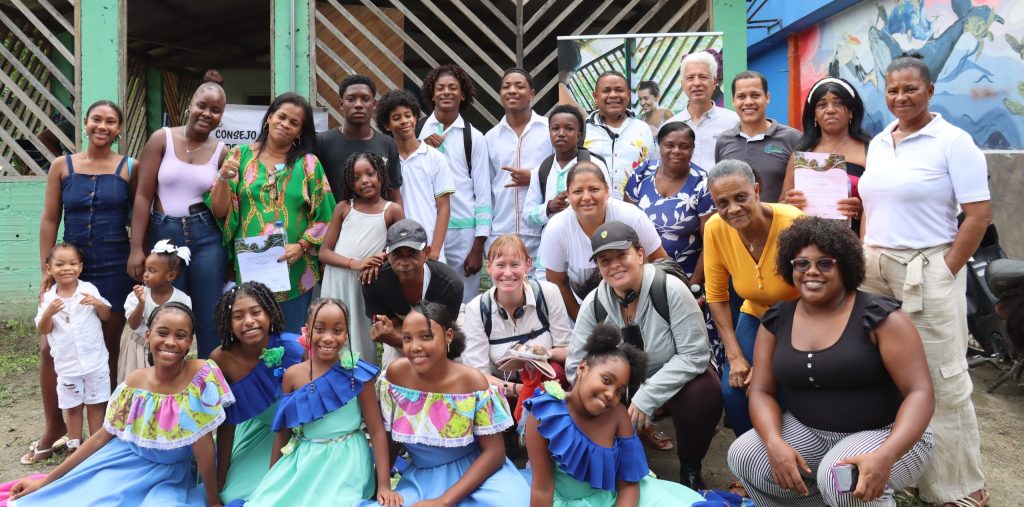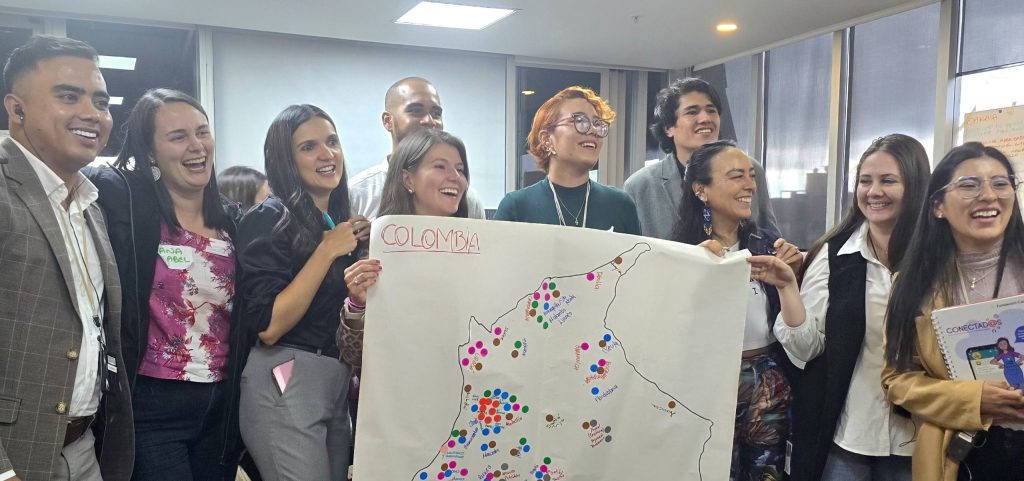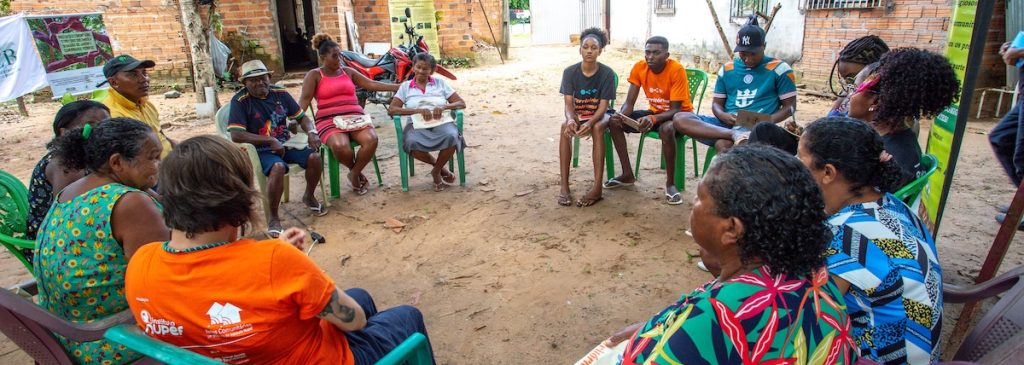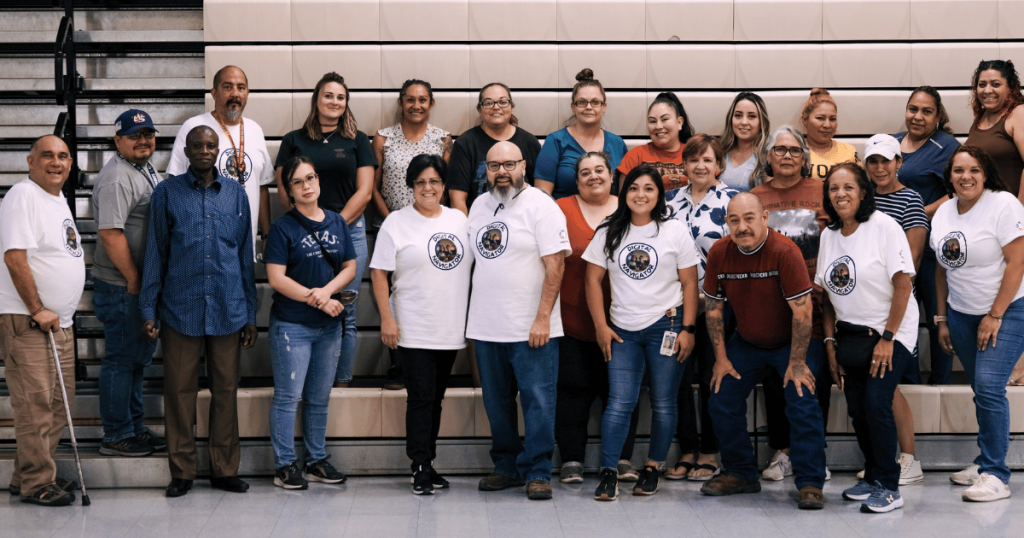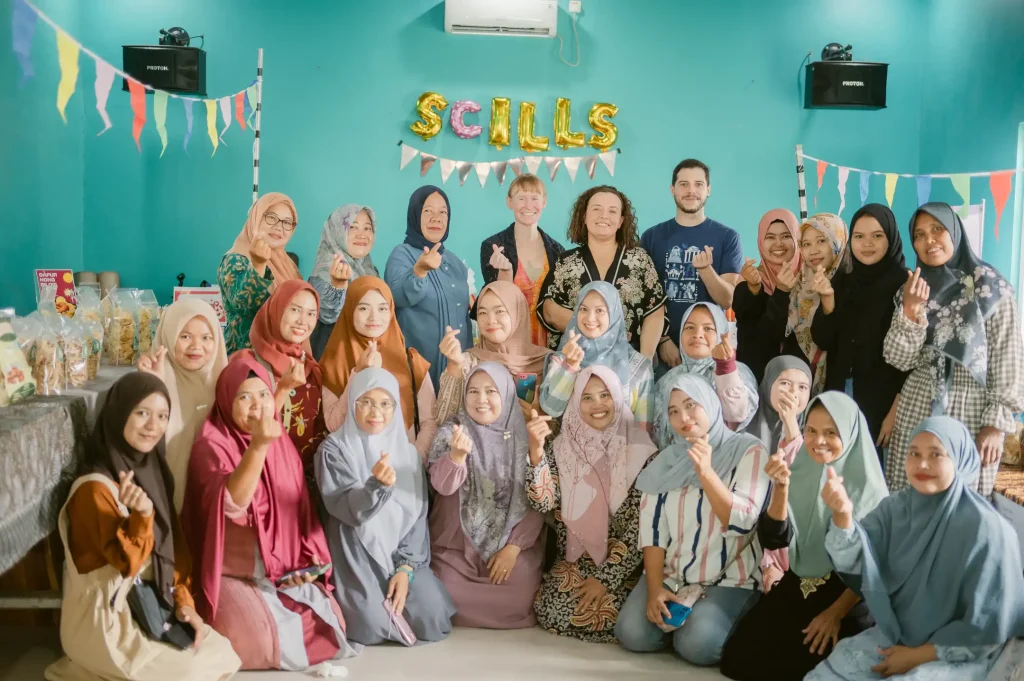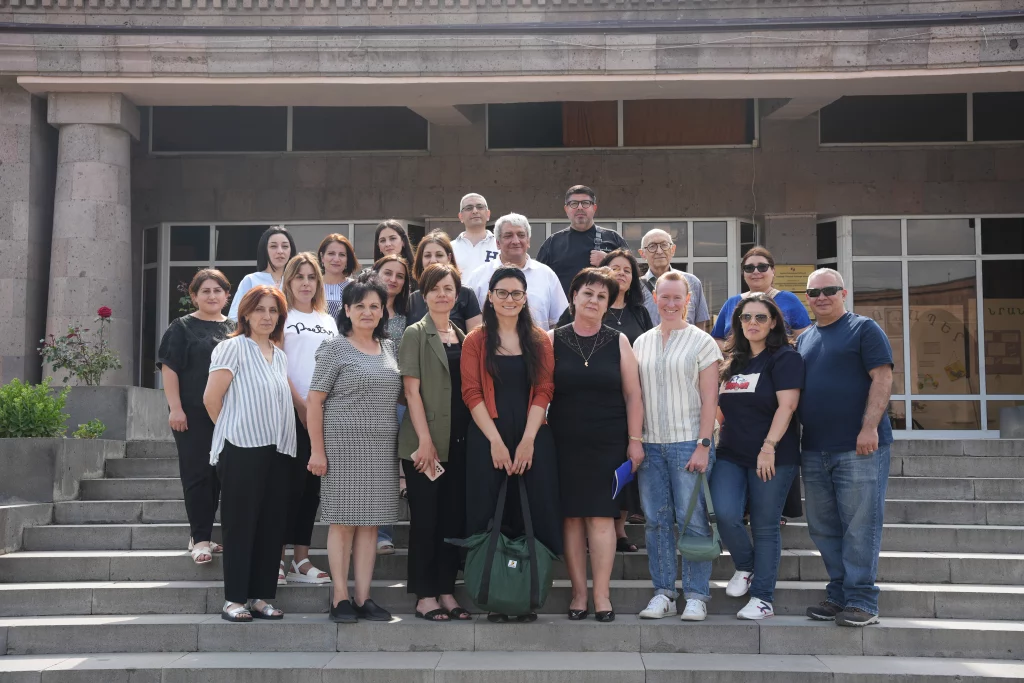From remote to resilient: connecting the Himalayas
High in the Himalayan ranges of Uttarakhand state, in northern India, steep slopes and sudden storms shape daily life. Here,…
From Rapa Nui to South America: How communities are claiming their languages online
On Rapa Nui, also known as Easter Island, the Rapa Nui language has long struggled to secure its place in…
Women entrepreneurs lead the way to bridge the digital divide in Colombia
Women entrepreneurs are making a difference in the heart of the Cauca region and along Colombia’s Pacific coast for a…
A Sustainable Internet for Schools and Communities in Rural Malawi
In Malawi, getting online has long been an uphill battle. For many, the Internet has been less a utility and…
Bridging the Digital Divide on Colombia’s Pacific Coast: How a Community Network Transforms Lives
In the remote Afro-Colombian communities of Juanchaco and Ladrilleros, located along the Pacific coast of Valle del Cauca in Colombia…
More than a Meeting: the SCILLS Gathering as a Milestone for Learning and Growth
By Fatima Zahra Lbouhmadi, Monitoring, Evaluation, and Learning Specialist In April 2025, the Internet Society Foundation hosted its seventh SCILLS…
From Isolation to Innovation: how Internet access is empowering Indigenous and Quilombo communities Northern Brazil
Brazil’s north and northeastern states are home to many unique indigenous and quilombo communities that often lack reliable access to…
“Now, I can help my grandson to thrive”: How Mycelia Is Bridging the Digital Divide in Las Cruces
A quiet transformation is underway in the heart of Las Cruces, New Mexico. Mycelia Foundation, a young but bold nonprofit,…
Women Entrepreneurs Driving Change Across Indonesia
By Fatima Zahra Lbouhmadi, Monitoring, Evaluation, and Learning Specialist In November 2024, the Strengthening Communities/Improving Lives and Livelihoods (SCILLS) program…
How the Internet Society Armenia Chapter is Empowering Rural Libraries to Bridge the Digital Divide
Around the world, the digital divide poses a significant obstacle to economic opportunity, education, and social inclusion. In Armenia, this…

